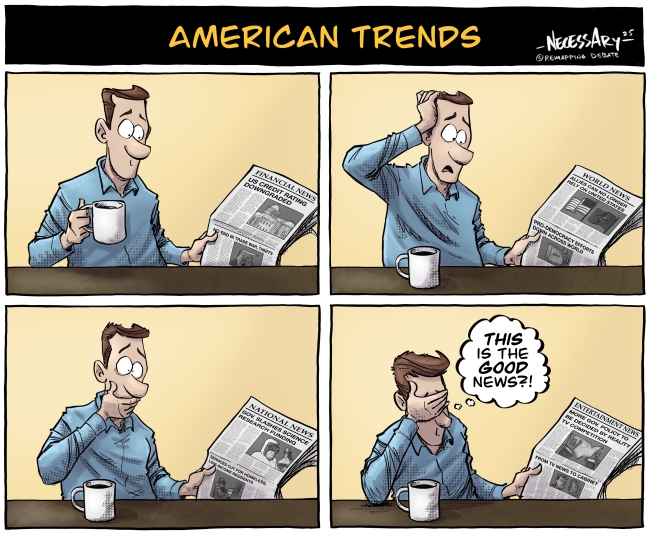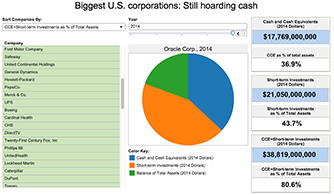Equally free to sleep under the bridge
Harvard economist Gregory Mankiw, writing in The New York Times, wants you to believe that a worker's acceptance of a job for no more than minimum wage and a person's acceptance of a pre-ACA, bare bones insurance policy reflect voluntary arrangements. Even a moment's consideration shows there is nothing genuinely voluntary about either of these arrangements.

